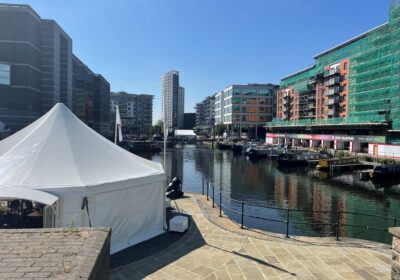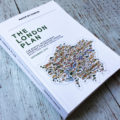With Brexit in full swing, it was perhaps inevitable that the publication of the Raynsford Review into town planning was not to grab the headlines. Former Labour Minister Nick Raynsford was invited by the TCPA to put his sizeable brain into offering recommendations to make planning work more fairly and productively.
His findings make for an interesting historical review of why planning and its profession have fallen on hard times. There are moments when it makes for uncomfortable reading.
Planning is less effective today than at any time in the post-war era we are told. Described as a fragmented and confusing on the one hand, and battered and demoralised on the other, the reader is left wondering how on earth we have allowed this state of affairs to persist for so long.
Indeed, the Raynsford Review has little positive to say about the modernising whims of recent Governments. Many changes have been ill conceived and lacking in any strategic depth.
I couldn’t help but draw a parallel with the former Minister for London, Jo Johnson’s recent resignation remarks over the proposed ‘Chequers Deal’. Chequers was badged “a failure of statecraft on a scale unseen since the Suez crisis.”
Perhaps that’s true. However, one is left wondering after reading Raynsford’s report whether Chequers is the only noteworthy failure of statecraft in recent years. When one considers how the housing shortage is blighting the lives of so many, the UK’s inability to create a fit for purpose planning system must also be considered up there as a great failure of state management.
The review heavily criticises office to residential conversions. A permitted development right it feels should be snuffed out immediately. It takes a dim view to of the Ministerial conveyor belt which has witnessed eight Housing Ministers in eight years. Hardly the stuff of stable policy making. At a grass roots level, the Review warns that the planning system no longer enjoys public legitimacy with developers often seen as in cahoots with planners and politicians.
Where do we go from here?
Perhaps unsurprisingly, there is no silver bullet. Raynsford actually acknowledges that the system is delivering consents. There’s nearly a million homes out there in unimplemented permissions. However, the Review questions the quality and the deliverability of much of this.
The Review argues for the return to a sovereign Local Plan and much more strategic planning. All good stuff. Raynsford however stops short of calling for a genuine reorganisation of strategic planning. That would need to be delivered through fundamental changes in the organisation of local authorities. Perhaps the pain of previous attempts at reform weigh heavily on his mind.
There is talk of simplicity and transparency in the CiL and Section 106 regimes and more Development Corporations and the public sector stepping up as a master developer. Unfortunately, this requires a confident local democratic system; something which Whitehall has ensured that we no enjoy longer have in this country.
Overall, the Raynsford Review provides some needed perspective to planning reform – i.e we need it to be more focused on legitimate plan making with a genuinely strategic wrapper. Unfortunately, however sensible the recommendations are, it’s overshadowed by a Government barely holding onto power and a local democratic system much reduced in confidence and resources. Perhaps the most fruitful thing that can happen at this moment in time is for a Minister to stay in the housing brief for more than five minutes. Any guesses on the likelihood of that outcome?








